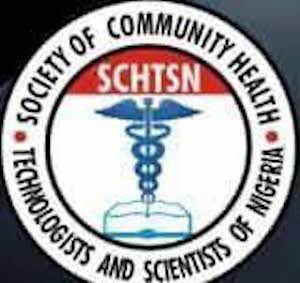Community health monitors inaugurated in Kaduna
The Society of Community Health Technologists and Scientists of Nigeria (SCHTSN), has inaugurated members with a view to improving primary healthcare services in the state. Inaugurating the members the Dean, Faculty of Public Health Care Education, Kaduna Polytechnic, Dr. Yusuf Arrigasiyyu said those inaugurated are community health practitioners with Higher National Diploma (HND), National Diploma […]

The Society of Community Health Technologists and Scientists of Nigeria (SCHTSN), has inaugurated members with a view to improving primary healthcare services in the state.
Inaugurating the members the Dean, Faculty of Public Health Care Education, Kaduna Polytechnic, Dr. Yusuf Arrigasiyyu said those inaugurated are community health practitioners with Higher National Diploma (HND), National Diploma (ND) Bachelor of Science, Master and Doctorate in community health.
Arrigasiyyu noted that prior to the inauguration, there used to be community health practitioners who had only professional certificates and never upgraded to meet the current challenges of healthcare services in Nigeria.
“When schools of health technology and scientists of Nigeria began to train students that will obtain diploma and national diploma, bachelor and master degrees and PhDs, who were primary healthcare inclined, there were clashes.
“Some people don’t want to see us being trained as diploma holders, but in every society, there are freedom fighters that will resist and that is why some of us with ND, HND, BSc, MSc and PhDs in community health that are not registered or recognised by the other side came on board.”
He thanked the federal government, saying “There is a circular stating clearly that henceforth the federal government of Nigeria will not employ anybody without an academic certificate.”
Also speaking, the Deputy Director, Health Programmes of the National Board for Technical Education (NBTE), Malam Yusuf Bello, said lack of data was one of the challenges hindering effective service delivery in the primary healthcare sector in Nigeria.
“Before any social service is provided, where the people live, their numbers and even the nature of their environment needed to be known and recorded.
“This is usually a problem because if one is constructing a hospital and does not know the number of the people it will serve, this is why we have overcrowded hospitals and end up not serving the purpose for which it was constructed.”
Earlier in his address, the National President of SCHTSN, Comrade Ephraim Anjatona, said the body came at a time when the services of PHC is critically needed in the wake of the emergence of different kinds of epidemics and pandemics.
